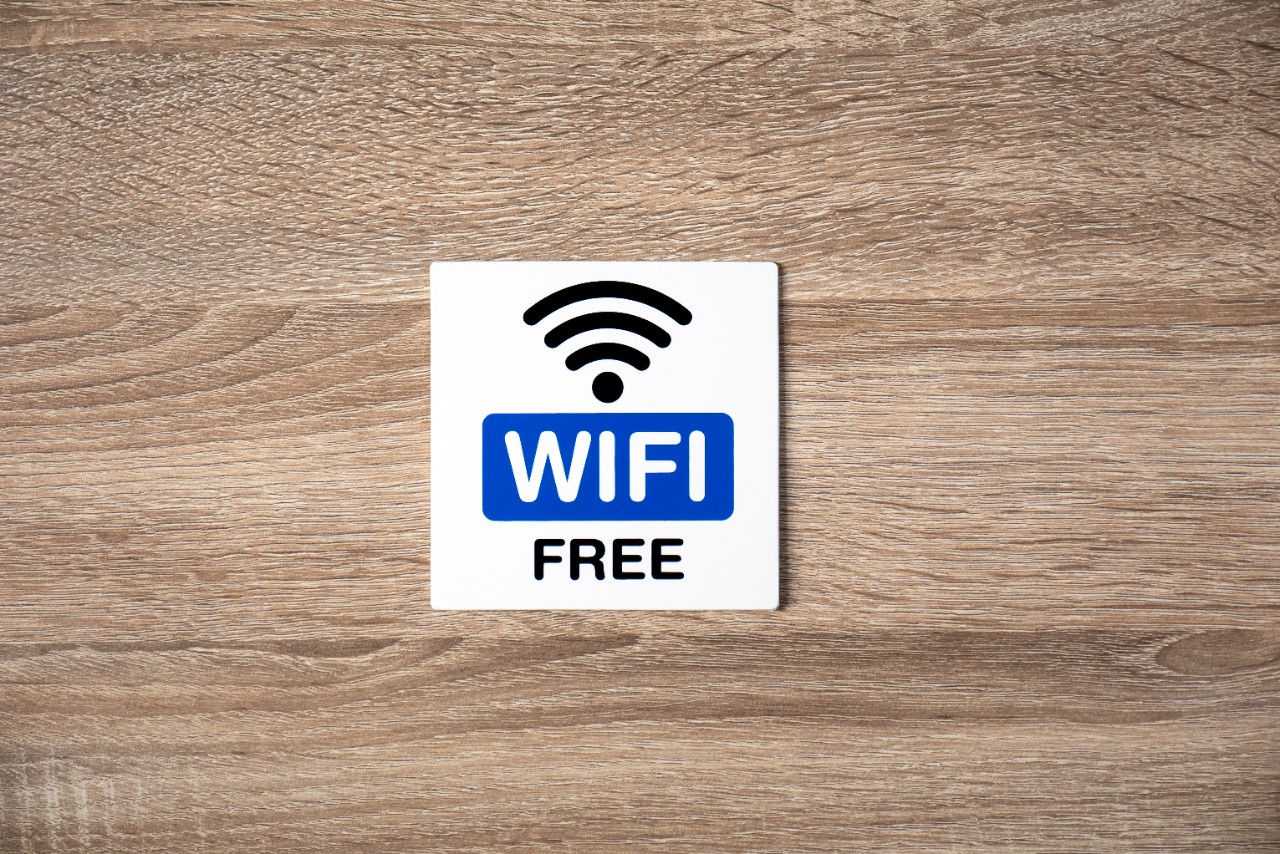
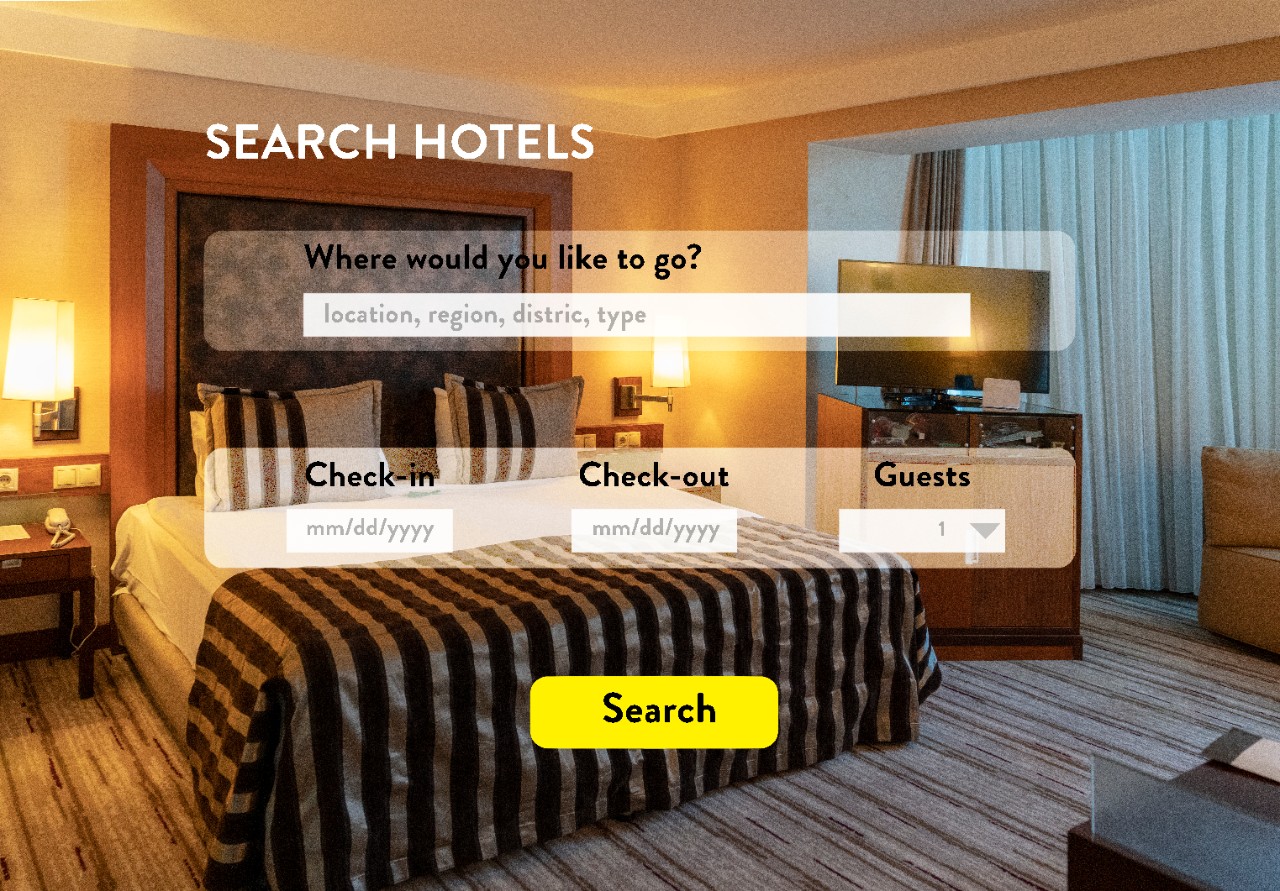
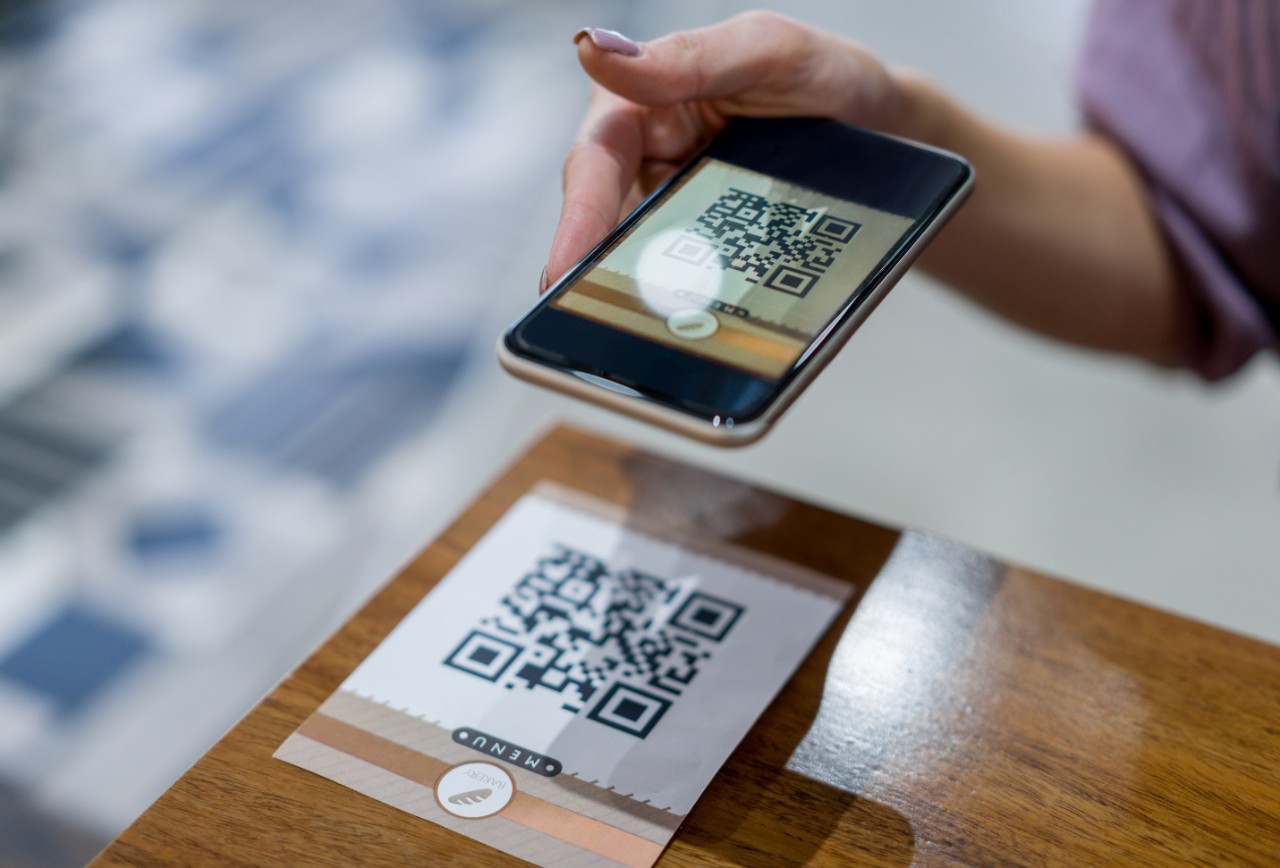
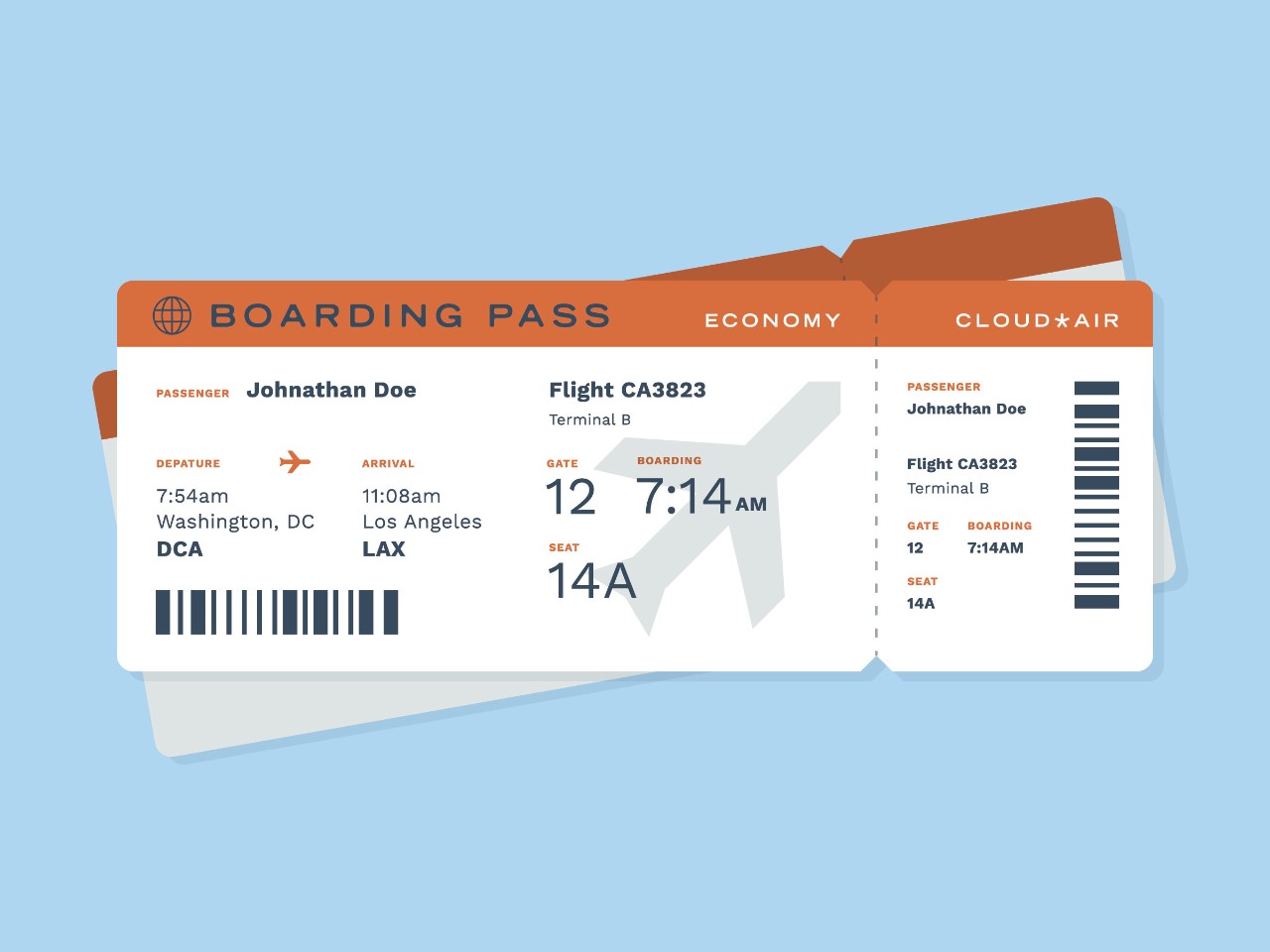
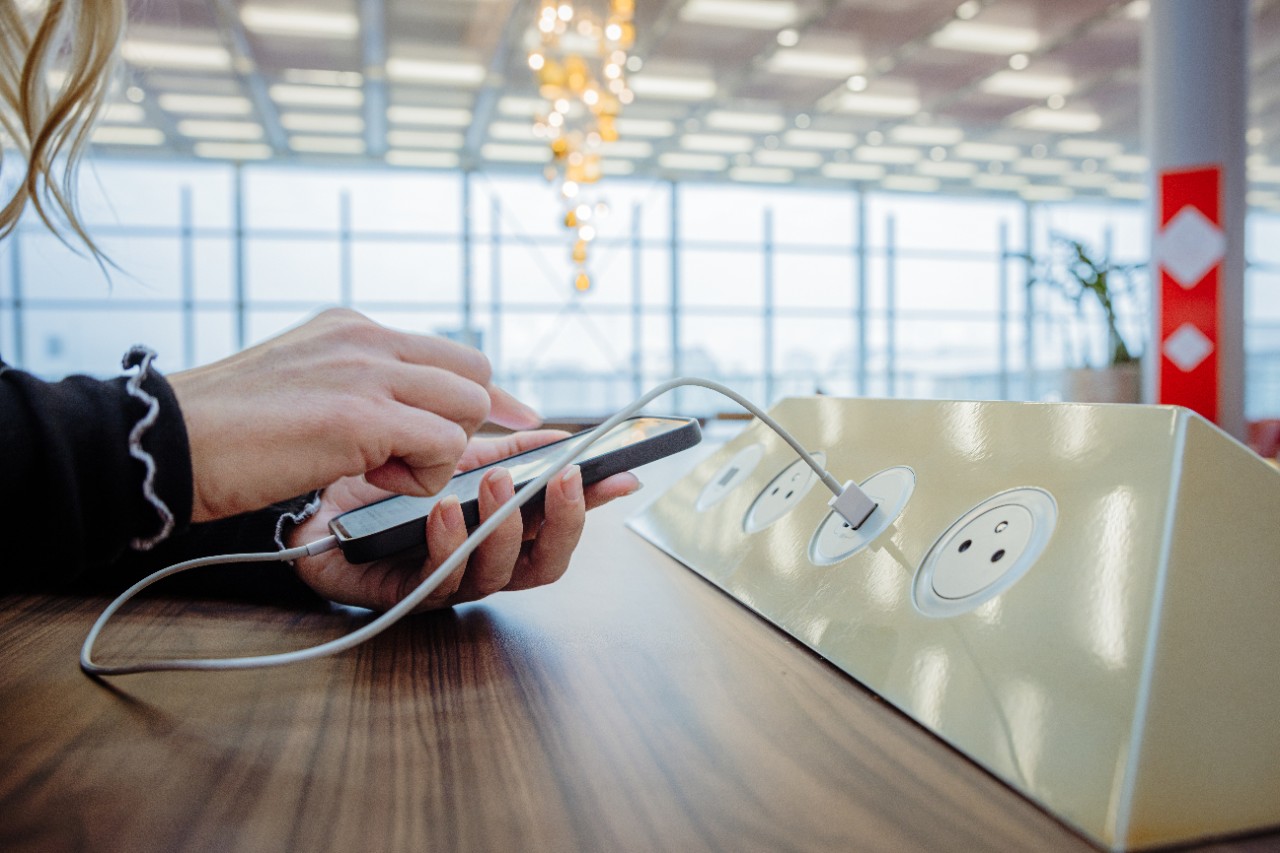
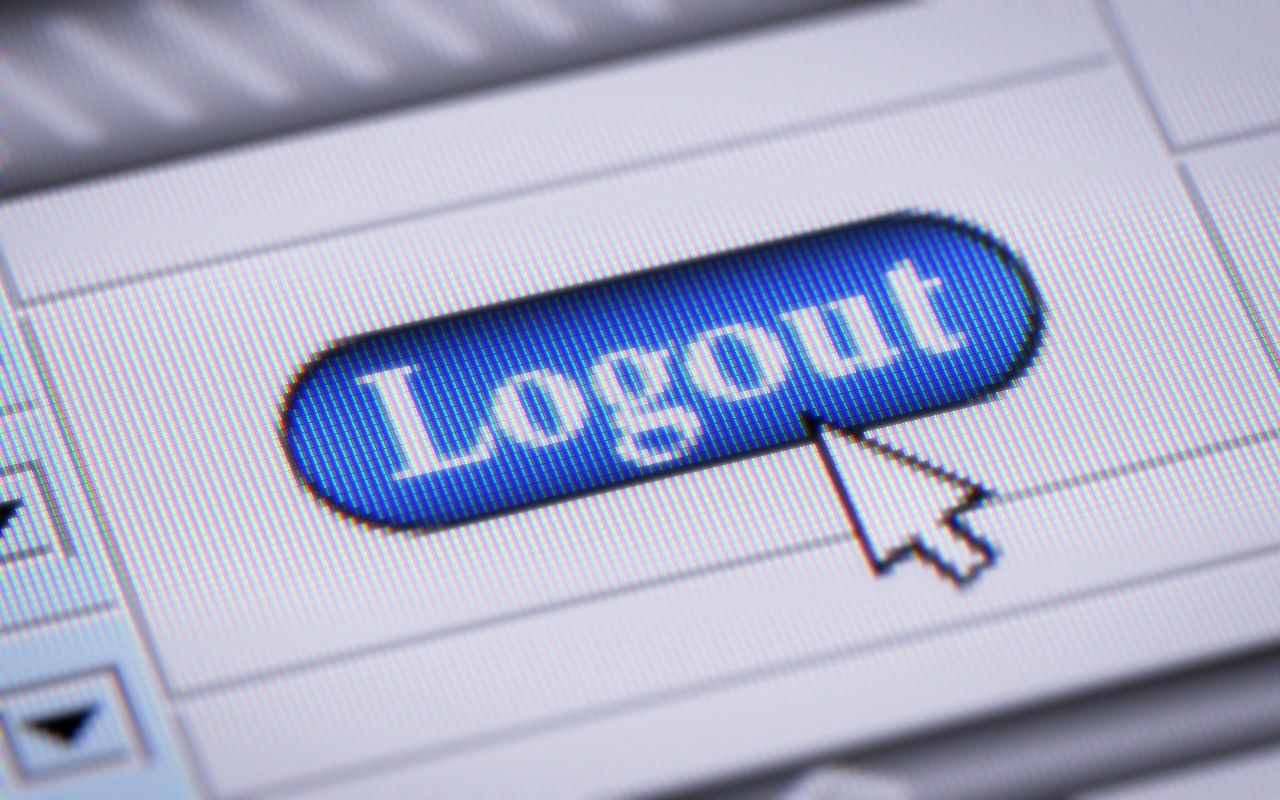
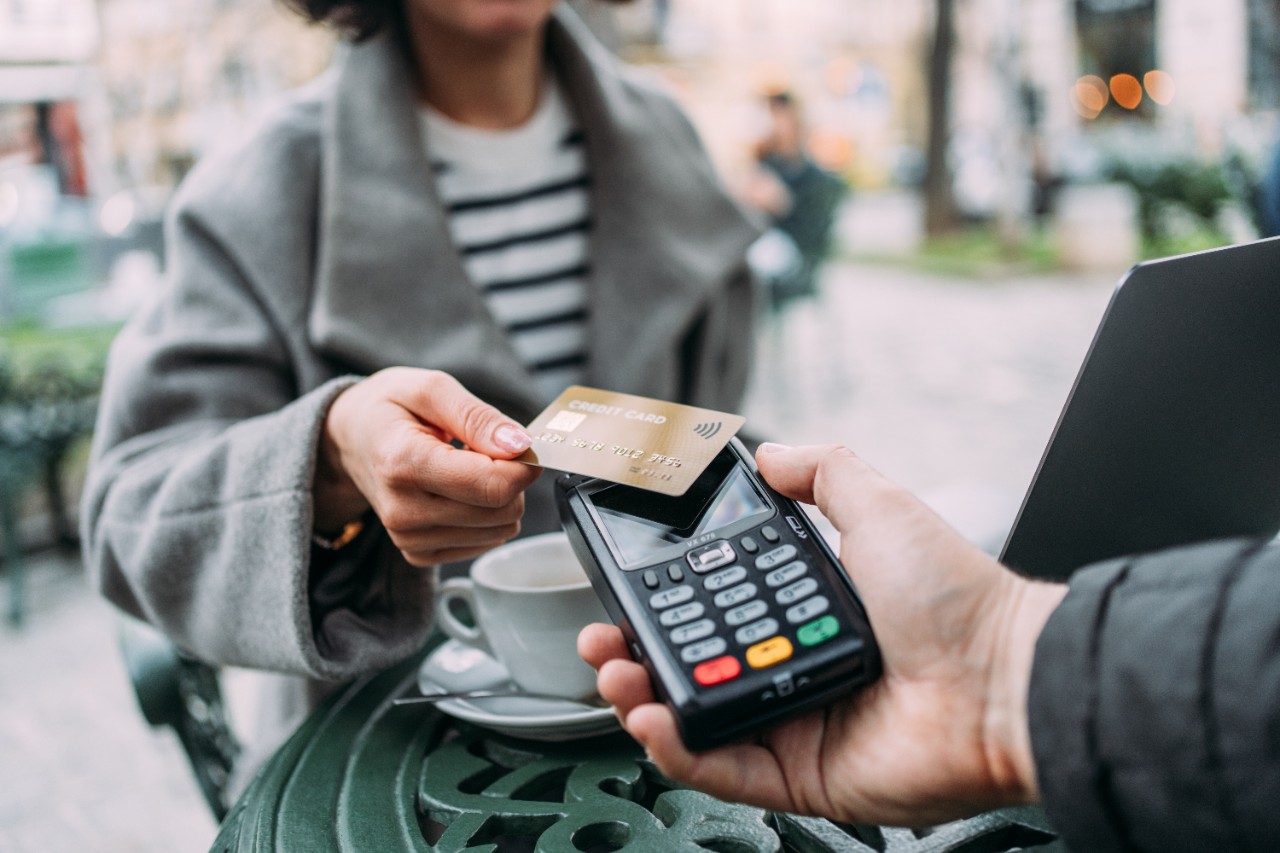
Be Cautious of public Wi-Fi Connection and Forget Auto-Connect
Book tickets on reliable and reputable websites
Only book your travel tickets on reputable websites, and watch out for deals that are too good to be true.
Be conscious of the QR Code you scan
Don't scan the QR Code if you don't know the sender or poster. A QR code embedded in an unsolicited email or flyers can be scam.
Never post real-time travel updates or share ticket information
The wrong person might see your vacation post and decide to break into your home or hotel while you're away. Never post your ticket information on social media.
Be conscious of using Power outlets and USB charging ports in public places
The hackers could use that connection to deliver malware or steal data from your phone or tablet when you plug into public charging stations.
Security Tips to charge your electronic devices:
- Bring your own power bank to charge your electronic devices and use a reliable electric outlet to charge the power bank.
- Don't give data access to an unknown device. Be cautious when you see the message "do you trust xxx? "
- Use a data-blocking adapter. If you travel a lot, you can investe in a data-blocking adapter to protect your usb port connection.
Avoid entering personal information on Public PCs
Avoid accessing sensitive data or accounts on public PCs, and never select "trust this device"
When you have to use Public computers, the below tips will help you use them securely
- Use Private Browsing or clearing the browser history
- Log out of websites after you complete your work
- Be Mindful of Your Surroundings
RFID Protection
RFID (radio-frequency identification) is the small chip attached to your ID or credit cards. It allows short-range communication between RFID chips and readers. You can use an RFID blocking wallet, card holder, or passport holder to protect against RFID hacking.
Everyday Cybersecurity Tips:
Always keep software up-to-date
Back Up Your Data
Protect Your Electronic Devices

Collect moments, and Stay Safe Online and Offline